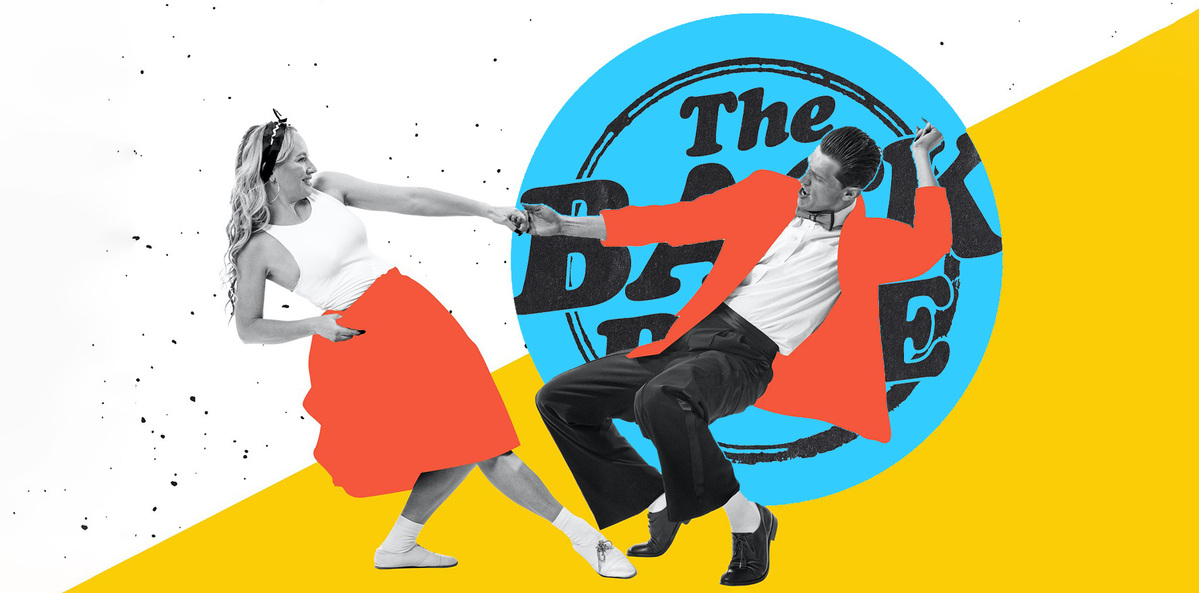Tripping the light fantastic really is a fantastic way to sharpen your brain.
It’s not often that your Back Page correspondent does the right thing health-wise purely by chance.
But for reasons too tedious to explain, your scribe has, for the past few years, been a regular attendee at classes teaching the fiendishly difficult swing dance style called Lindy Hop.
The lessons are both mentally and physically challenging, but also surprisingly enjoyable, despite raging incompetence and the possession of at least three left feet.
As it transpires, learning to dance in a structured fashion also has significant health benefits, according to a new study by Australian boffins published in Sports Medicine.
Researchers from University of Sydney, University of NSW, Macquarie University and Queensland University of Technology conducted a large systematic review into the effect of learning to dance on psychological and cognitive health.
In a nutshell, what they found was that undertaking a dance program of any genre, of at least six weeks duration, was “generally equally, and occasionally more, effective than other types of structured exercise for improving a range of psychological and cognitive outcomes”.
“Learning dance sequences may challenge cognition, partnered or group dance may benefit social interactions, and the artistic aspect may improve psychological wellbeing,” the authors write.
The study included participants aged from seven to 85 and include people who were generally healthy and also those with a chronic disease, such as cerebral palsy and fibromyalgia.
The dance interventions included theatrical dance, aerobic dance, traditional dance forms and social dance, and were compared to a number of physical activities including team sports, martial arts, walking, and weight training.
“Preliminary evidence suggests that dance may be better than other physical activities to improve psychological wellbeing and cognitive capacity,” the study’s lead author, Dr Alycia Fong Yan, told media.
“These findings were not just seen in older adults, but also younger populations and people with clinical conditions as well,” she said.
One of the key advantages of dance over other forms of exercise was simply that it is generally a fun thing to do and therefore easier for folks to keep on doing rather than get bored and slacken off.
And it’s also a great way to impress your friends and families when the band strikes up at weddings and parties.
Send syncopated story tips to penny@medicalrepublic.com.au.


